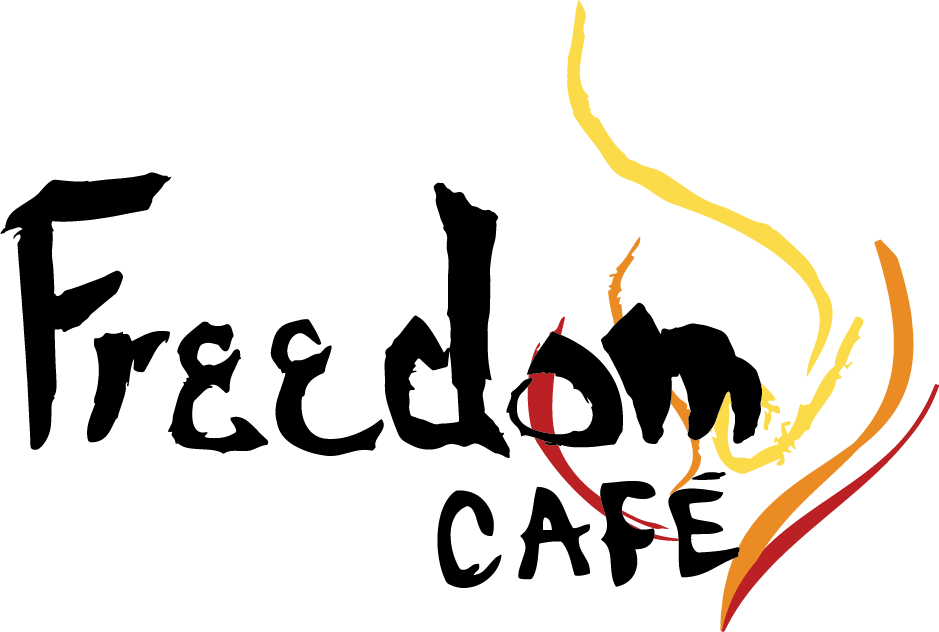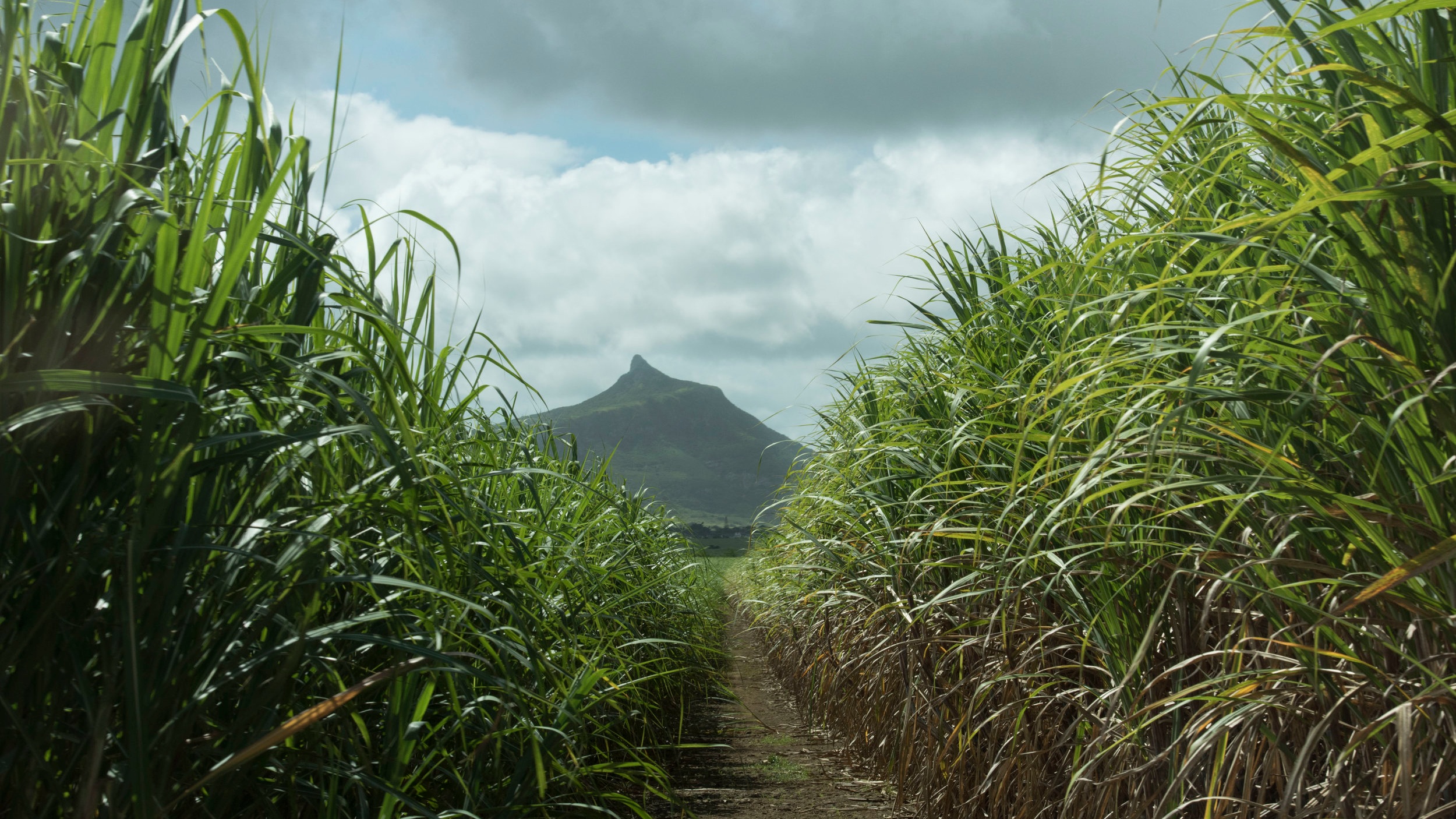UN Photo by Mark Garten
Sugar
It is hard for the average American to go a day without using sugar. 70-80% of the sugar produced worldwide goes into the food and drinks we consume. Sugar is also used in a variety of other ways. It is in the cement that we walk on, the ethanol that powers our cars, the glue our kids use for projects, and in some cases, even in the electricity that powers our world. 173 million tons of sugar are produced annually, and that amount is growing. The average American consumes 19.5 teaspoons of sugar per day, and 66 pounds of sugar per year. This means that in 2017, we had to import over 3.2 million tons of sugar to support our consumption. With the sheer size of the industry, it is no surprise that forced and child labor is suspected to be in use in sugarcane production in at least 19 countries worldwide.
how is it DIFFERENT THAN OTHER TRAFFICKED GOODS?
Sugar trades at prices below the cost of production, which means that the mills that process sugarcane pay farmers a low price for their raw product— forcing farmers to cut costs and ultimately resulting in workers being paid unfairly. Besides unfair pay, children are often forced to work on plantations in dangerous conditions, cutting cane with large knives while being exposed to harmful pesticides. Adults who work on these plantations are exposed to similar conditions, but work longer days in the heat with little water and few breaks. Workers are often trapped on plantations due to debt bondage, the confiscation of their identification papers that would allow them to move or get another job, and other forms of deception by their employers. Many workers are not paid a living wage and were not even shown a contract of their rights when they were hired.
WHAT CAN I DO TO HELP?
Steps have been taken by some companies and NGOs to combat the problem and make it easier for consumers to support fairly produced sugar. The non-profit organization Bonsucro audits its members and certifies the various elements of sugarcane production and processing with strict ethical standards. Some sugar and products that contain sugar are certified according to Fair-Trade standards. If enough Americans start choosing products that are certified, it will show other companies that Americans care about fair labor. Below are some examples of some companies that sell consciously produced sugar— try looking for them the next time you’re at the supermarket!
*Research conducted by Jenn Gallagher, Fall 2018
View the Detailed Research Report at: https://docs.google.com/document/d/1VhVLx5uUObMKCqztVZDpswayBFcDy2N_3sdL2Fk9WHM/



